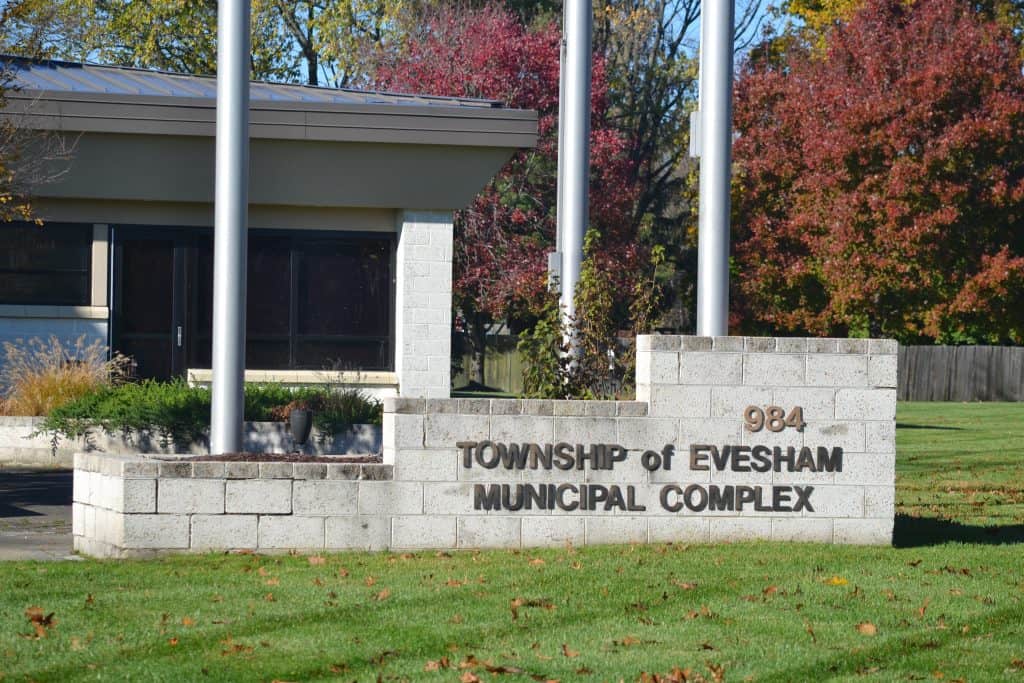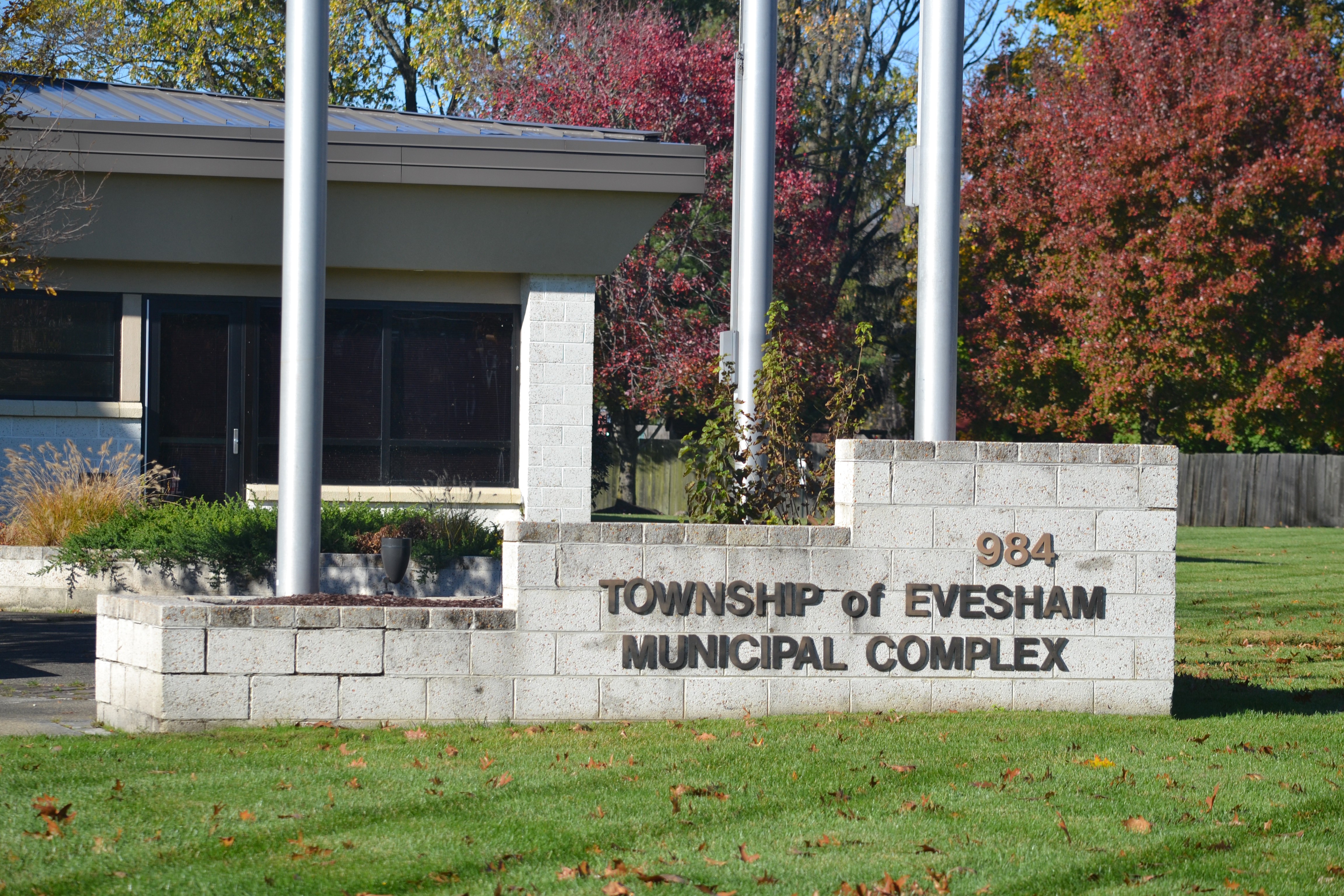
Council has directed the township to only use funds from the BOE, and no funds from the township, to fund a reduced version of the program.

Evesham Township officials are moving forward with directions from council to use $250,000 from the Evesham Board of Education, and no funds from the township, to fund a reduced version of the school resource officer program for next school year.
Council’s final adoption of the 2017 municipal budget this week was in line with previous comments from Mayor Randy Brown, who said council would only continue the program that stations police officers in the township’s elementary and middle schools based on how much money the BOE was willing to contribute.
Last year, the township funded the entirety of the SRO program.
Although the BOE decided to contribute $250,000 for the program next year, township officials had asked for $500,000, which officials said was the estimated cost of the program if the department were to use rookie officers at each site.
However, township officials also put the true cost of the program closer to $700,000, as last year the township had stationed veteran officers in each school.
With the $250,000 from the BOE below the $500,000 and $700,000 figures, township manager Tom Czerniecki said there would have to be some “scaling back” of the program moving forward.
“That’s the direction we’ve received,” Czerniecki said. “I’m not going to talk about the details for security reasons, but that’s where we stand.”
Czerniecki said the chief of police would dictate how officers are deployed and what priorities are in the community.
“The school district was made aware that they really shouldn’t expect more than $250,000 in value,” Czerniecki said.
However, after this week’s council meeting, Czerniecki spoke in general terms about models of school resource officers used in other towns.
Czerniecki said the township could deploy more part-time, class II officers, make better use of the township’s community policing officers and expand the role of the officers assigned to implement the Law Enforcement Against Drugs programs at schools.
According to Czerniecki, the township could also reduce some of the educational aspects of the SRO program where officers would engage in classroom activities with students.
“There are other models that we can use … just to kind of put a package together that really delivers a robust program, but not at the level that existed last year,” Czerniecki said.
Whatever form the program takes, Czerniecki said it may take some time for a responsible transition.
“We can’t snap our fingers and move from a $700,000 program to a $250,000 program overnight,” Czerniecki said.
Czerniecki also commented on funds in the 2017 budget set aside for the township to hire the equivalent of three, full-time officers for the department.
Czerniecki said the new hires are an attempt to make up for officers in the SRO program last year who were never replaced when taken off the streets, which Czerniecki said had reduced the department’s preventative patrols and enforcement.
“Now we’re going to get at least three back out there, whether it’s from those veteran ranks (from the schools) or those we hire, it’s just too early to tell yet,” Czerniecki said.









